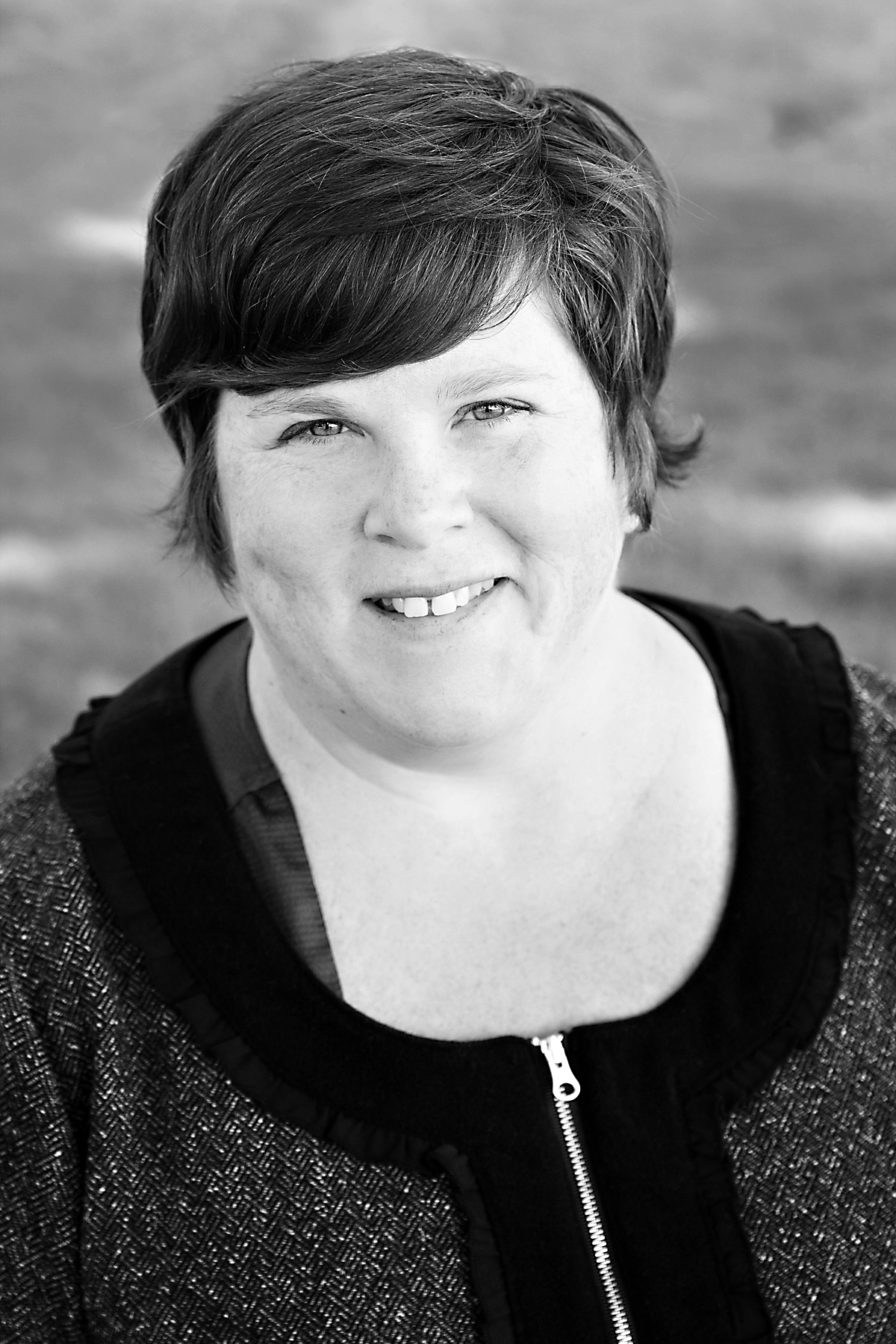
The ground on same-sex marriage is shifting.
Last month, New York legalized gay marriage, despite a Republican-controlled Senate, making it the largest state where gay and lesbian couples can wed. For the first time, a majority of Americans support same-sex marriage, according to Gallup and several other recent national polls. Massachusetts, Connecticut, Iowa, Vermont, New Hampshire, D.C. and several Native American tribes also allow same-sex marriage. What about Oregon?
Oregon voters banned same-sex marriage six years ago by approving Measure 36, which defined marriage as a union of one man and one woman. Then in 2007, the Legislature enacted domestic partnership rights, which gave gay couples the right to buy joint health insurance and visit a partner in the hospital, but left them without many federal rights.
Now, a plurality of Oregonians support same-sex marriage, according to a Public Policy Polling announced last month. The poll found that 43% of voters favor gay marriage, 33% favor civil unions and 22% oppose all recognition.
In the wake of major victories for what many say is the “civic-rights battle of our time,” Street Roots talked with the executive director of the largest nonprofit gay rights organization in Oregon about the potential for same-sex marriage in Oregon, its victory in New York, and the collaborations and small victories that keep her going.
Stacy Brownhill: First of all, congratulations on same-sex marriage’s victory in New York, and the new Gallup poll that indicates that a majority of Americans now support same-sex marriage. Those must have been huge victories for Basic Rights Oregon (BRO).
Jeana Frazzini: Both the victory in New York and the Gallup poll have demonstrated huge support for freedom to marry. The Gallup poll is actually the third national poll in the last two years showing support for marriage equality. So that’s really exciting and shows there’s momentum around this issue.
New York is unique because it’s the first state where a Republican-majority legislative body has approved a marriage equality bill. Other legislatures have successfully passed similar bills, but the fact that one of New York’s houses was controlled by Republicans and still the bill passed, is exciting.
The breakdown on party lines is starting to fall apart. The more LGBT families who share their stories, the more this becomes an issue of humanity, not politics.
S.B.: How far away is Oregon from achieving marriage equality? Is BRO campaigning for 2012?
J.F.: I think we’re very close. The challenge for us is we’re one of the only states across the country that has to pass a bill by public vote. Courts refused to take up our challenge against Measure 36 that passed in 2004.
We’re working really hard to bring marriage equality to a vote in 2012. But we’re not where we need to be yet.
We need more public education, more community engagement and more grassroots advocacy. Folks are lending their time and talent, but it also requires significant financial resources. We’ll know more this fall when we’ll run another round of ads, organize on the ground, and assess if the pieces are in place.
We’ve never done a proactive measure before; we’ve always been on the defensive. So if we bring this to a vote, we want to win.
S.B.: LGBT folks can be targets of multiple discriminations, and hate crimes are still directed against Oregonians for a host of reasons, race and sexual orientation being the big ones. Who are your partners in the fight for equality?
J.F.: We have amazing community partnerships. At times, it’s unbelievable the tremendous spirit of collaboration. And we’ve worked hard to make that the case.
Western States Center has done a terrific job bringing racial justice to the center of our work. They’ve helped BRO do “Dismantling Racism” trainings, which teach Portland’s primarily white LGBT population how racism exists in our community. They also run a program called “Uniting Communities” that works with organizations serving people of color to bring LGBT services into their framework. All of that creates better collaboration for us all to support each other.
In terms of recent hate crimes, we worked with a coalition of forty different organizations in 2009 to create anti-bullying legislation in Oregon schools. Kids are targeted for bullying based on a lot of different factors, including perceived sexual origination, race and religious orientation.
We’re working with Q-Center to expand our partnership and get involved in the Q-Patrol, hitting the streets and training volunteers to identify trouble.
S.B.: What else is on the horizon for BRO?
J.F.: The marriage campaign is the most visible aspect of our work, but we have other priority areas, including racial justice and alliance-building work.
We have a leadership team of LGBT folks of color who have created an education campaign called “Our Families.” The campaign shares the stories of LGBT families of color and their unique challenges and triumphs. We’ll also be placing Spanish radio ads about marriage equality around Oregon to help increase dialogue among Latinos.
Finally, we had a tremendous victory with the City of Portland in getting full healthcare for city employees who are transgender. We’re working with other businesses and counties in Oregon to take this step forward. A lot of people don’t know that health insurance policies specifically exclude service based on gender identity, despite paying for counseling and hormone therapies for people who are not transgender.
